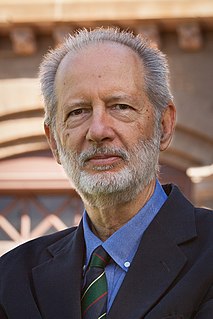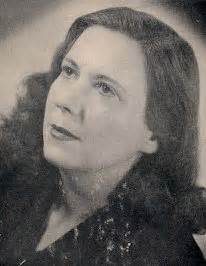A Quote by C. S. Lewis
Periods' are largely an invention of the historians. The poets themselves are not conscious of living in any period and refuse to conform to the scheme.
Related Quotes
Being true to yourself means living in truth with each person in your life. It means refusing to say or do something that you don't believe is right. Living in truth with other people means that you refuse to stay in any situation where you are unhappy with the behavior of another person. You refuse to tolerate it. You refuse to compromise.
Poets, if they're genuine, must keep repeating "I don't know." Each poem marks an effort to answer this statement, but as soon as the final period hits the page, the poet begins to hesitate, starts to realize that this particular answer was pure makeshift that's absolutely inadequate to boot. So the poets keep on trying, and sooner or later the consecutive results of their self-dissatisfaction are clipped together with a giant paperclip by literary historians and called their oeuvre.
Humans have changed ecosystems more rapidly and extensively than in any comparable period of time in human history, largely to meet rapidly growing demands for food, fresh water, timber, fiber and fuel. This has resulted in a substantial and largely irreversible loss in the diversity of life on Earth.
Whatever the poets pretend, it is plain they give immortality to none but themselves; it is Homer and Virgil we reverence and admire, not Achilles or Aeneas. With historians it is quite the contrary; our thoughts are taken up with the actions, persons, and events we read, and we little regard the authors.
Most academic historians accept that historians' own circumstances demand that they tell the story in a particular way, of course. While people wring their hands about 'revisionist' historians; on some level, the correction and amplification of various parts of the past is not 'revisionism' as it is simply the process of any historical writing.
Sanity is a matter of culture and convention. If it's a crazy culture you live in, then you have to be irrational to want to conform. A completely rational person would recognize that the culture was crazy and refuse to conform. But by not conforming, he is the one who would be judged crazy by that particular society.





































